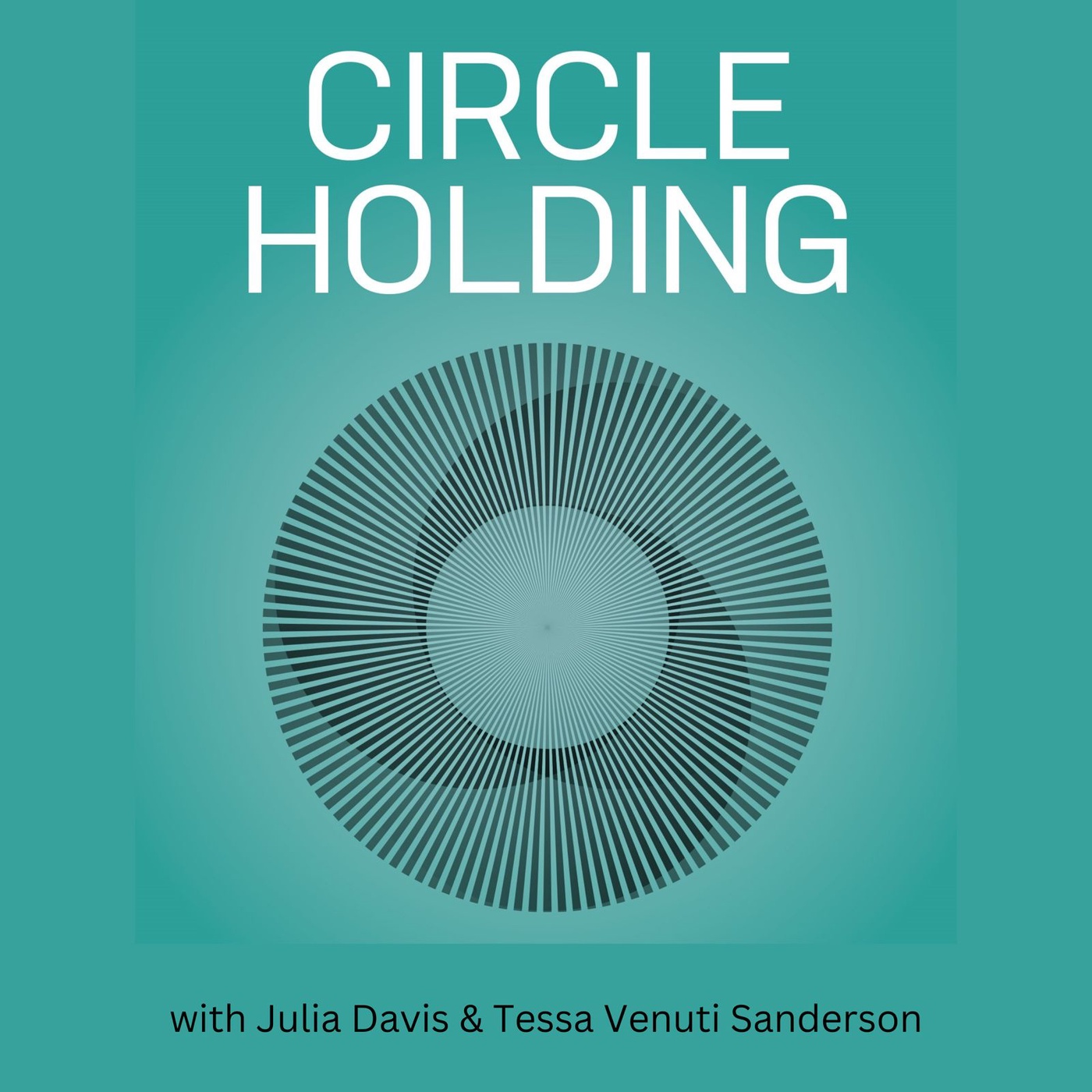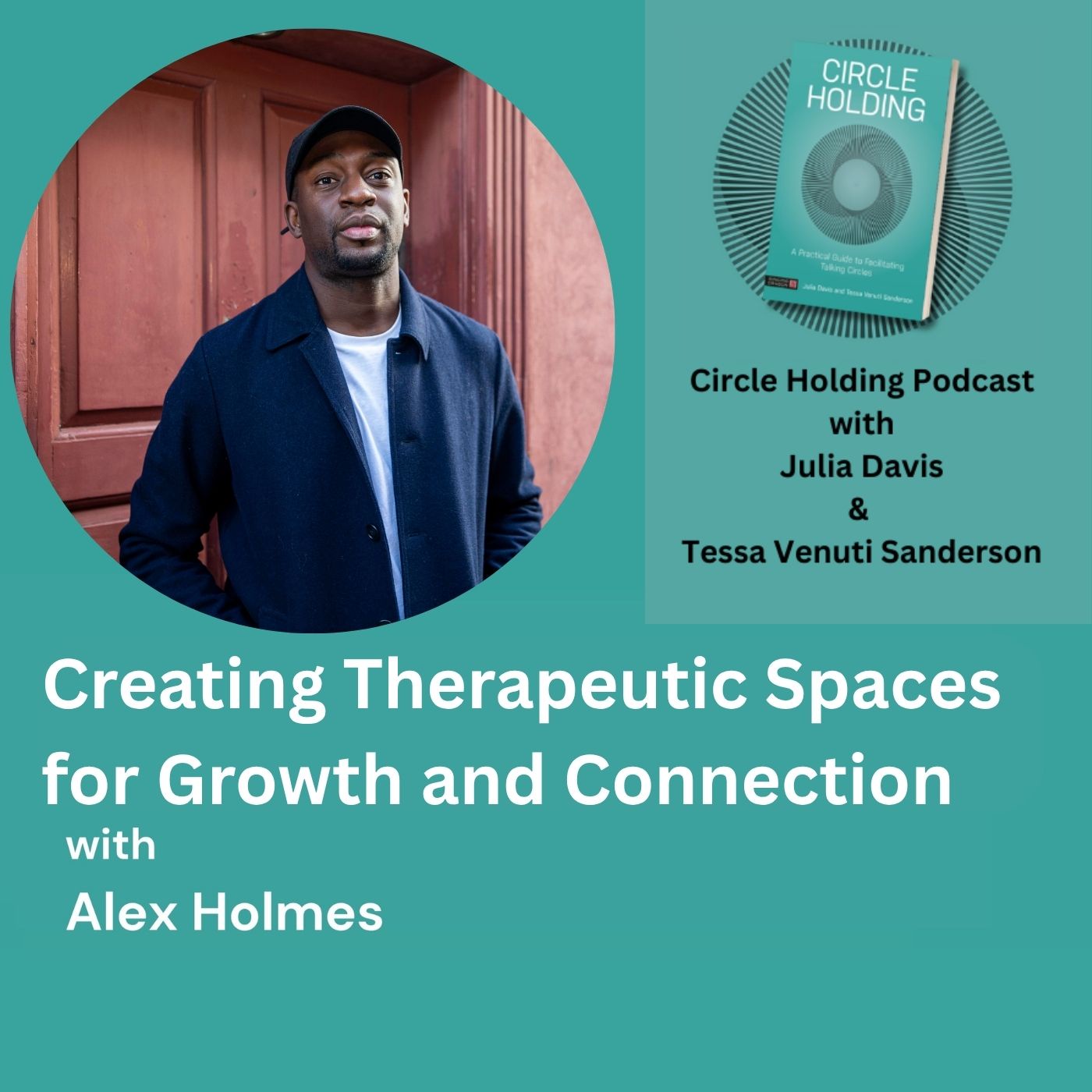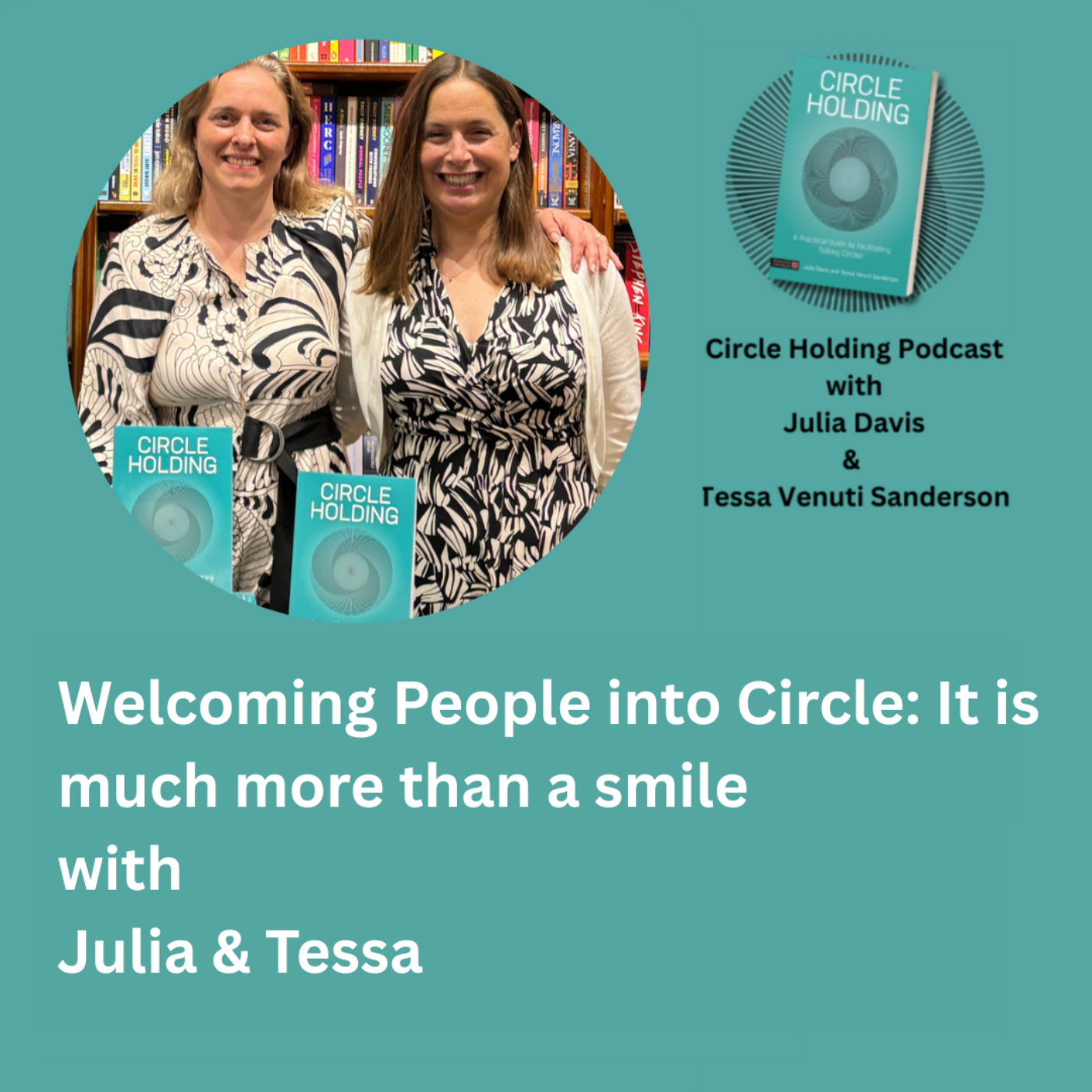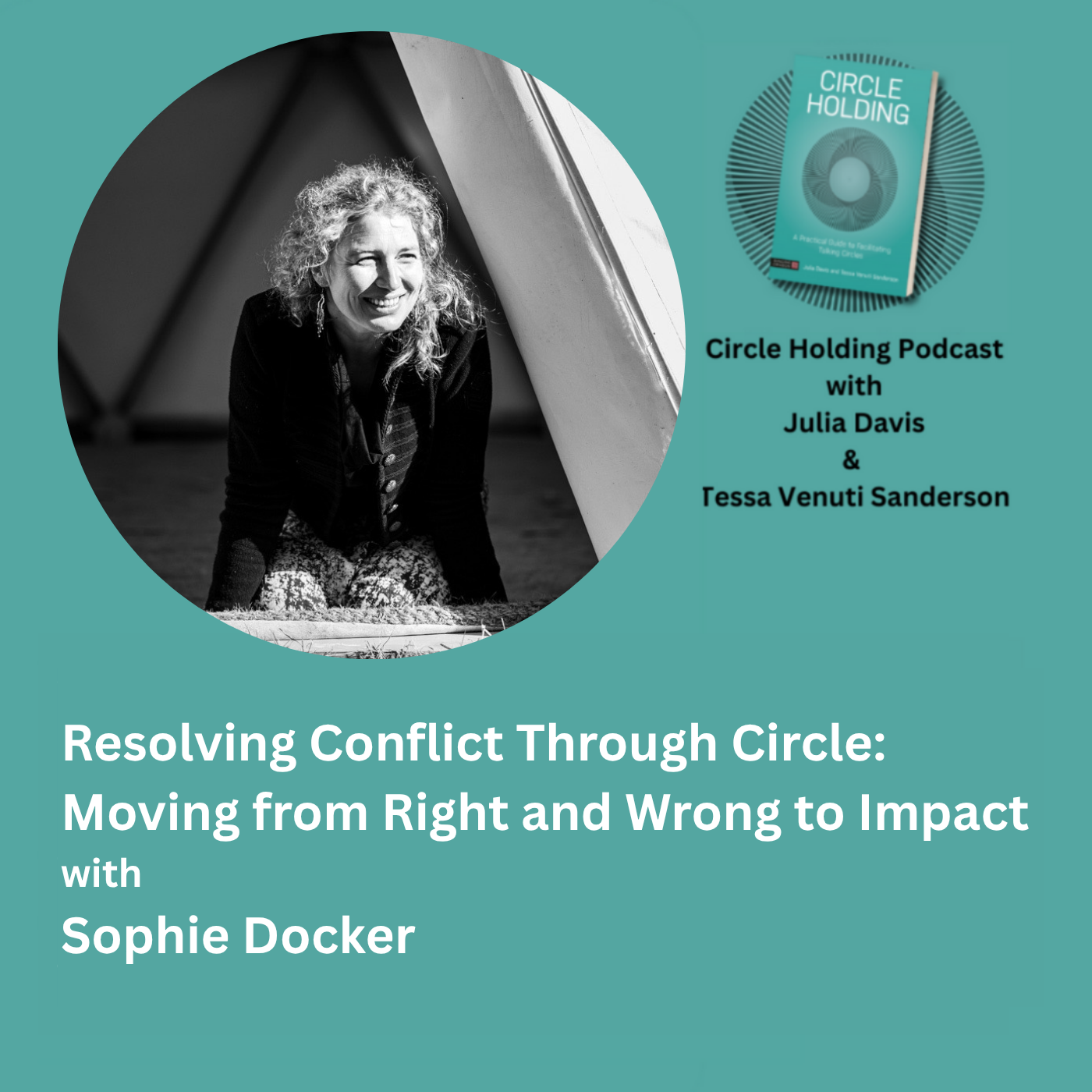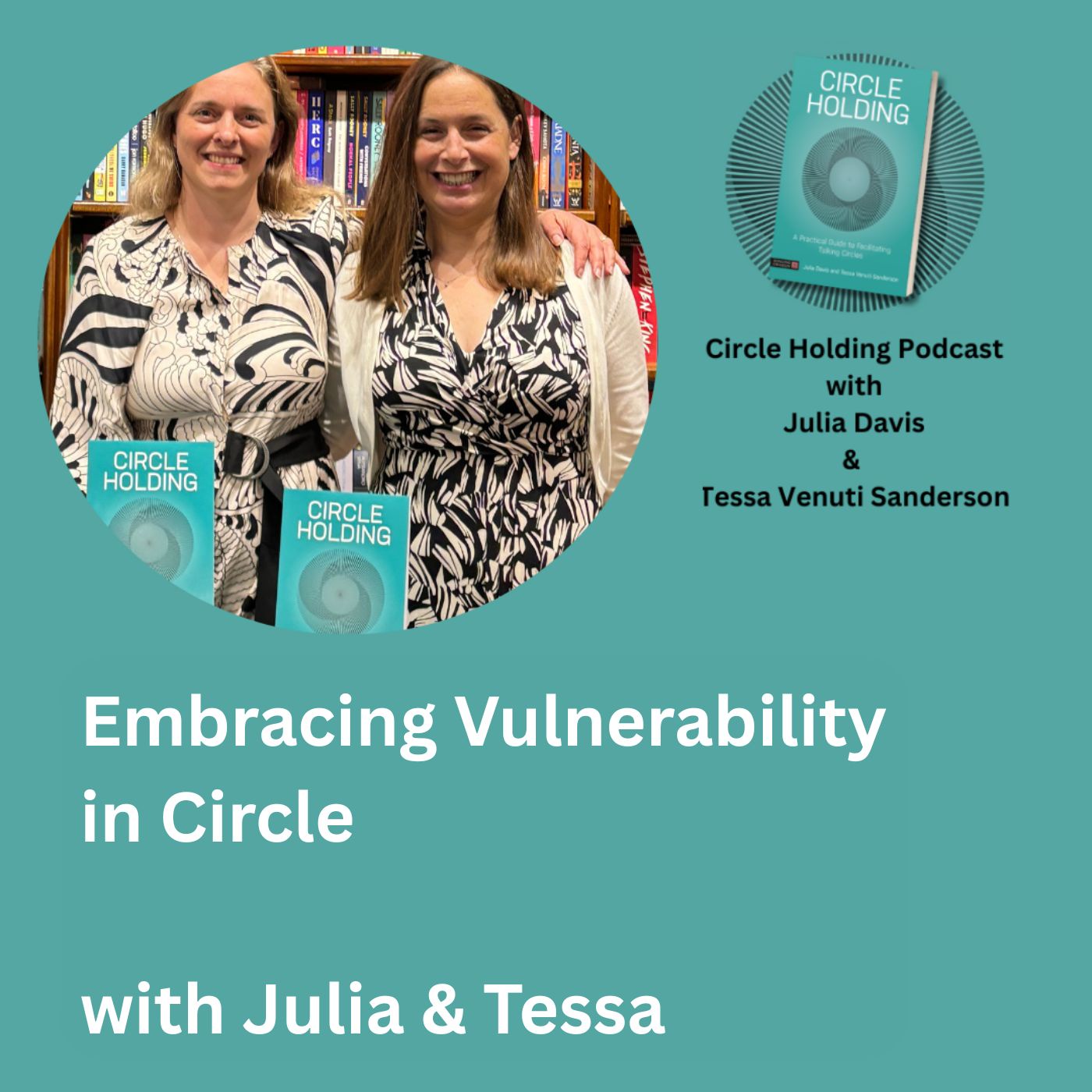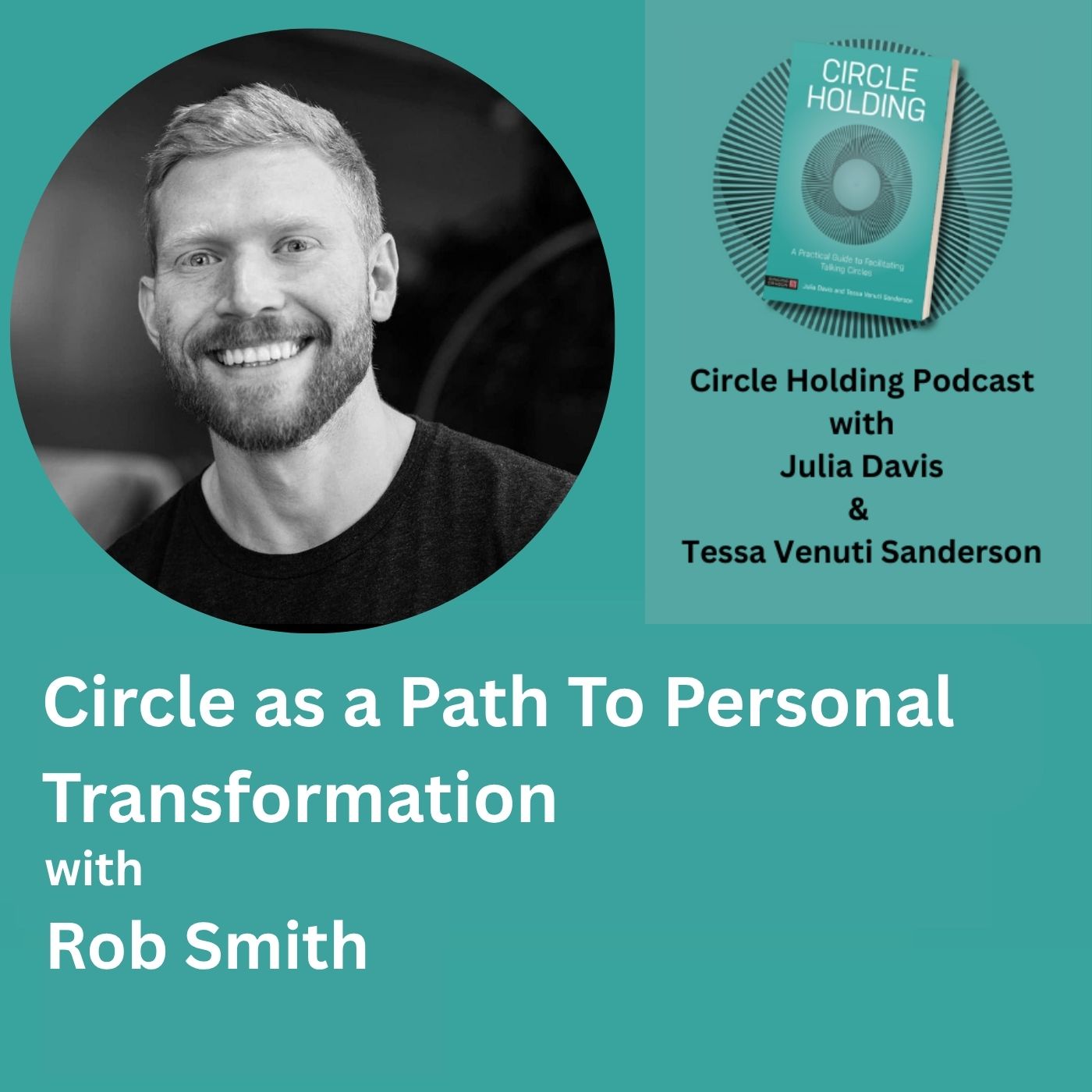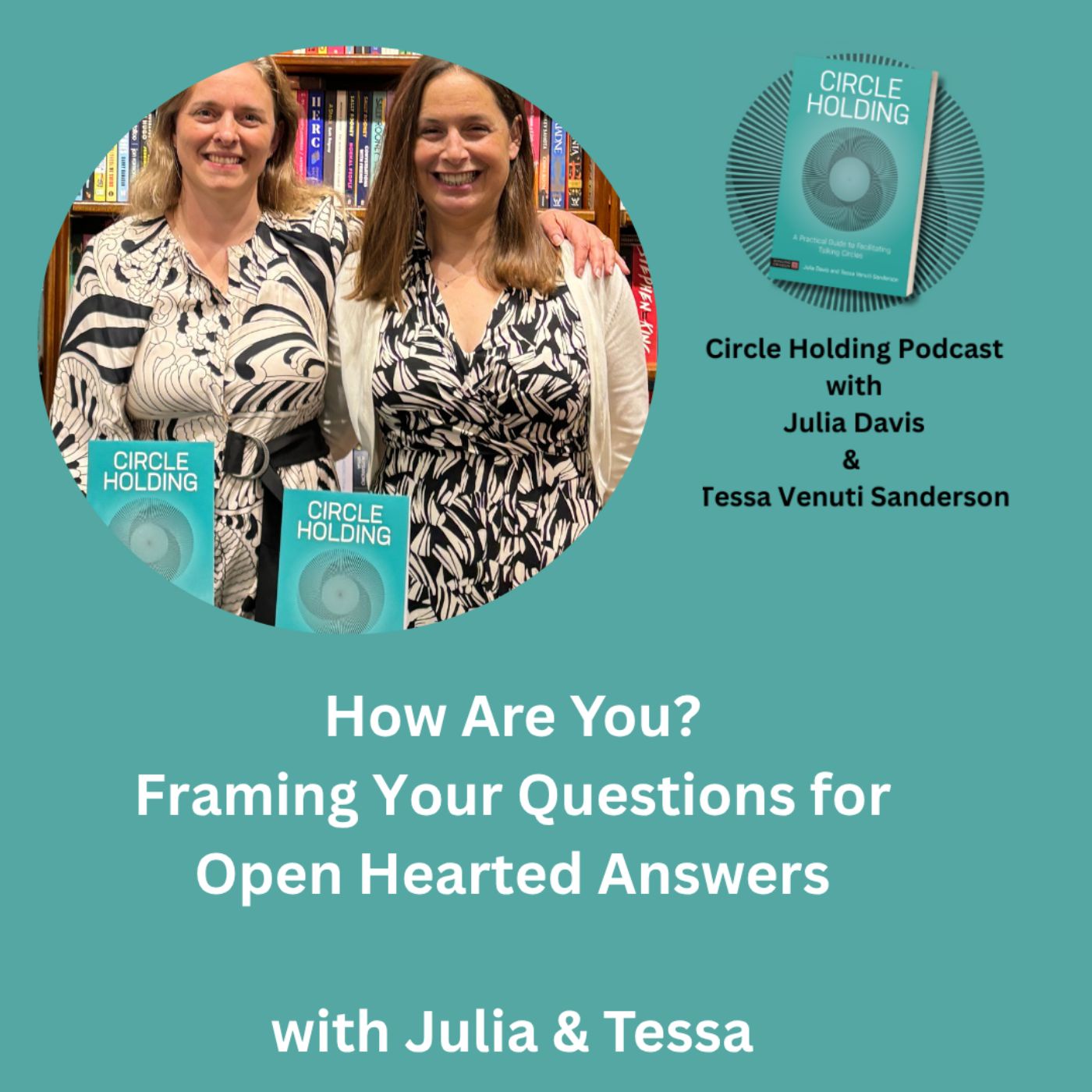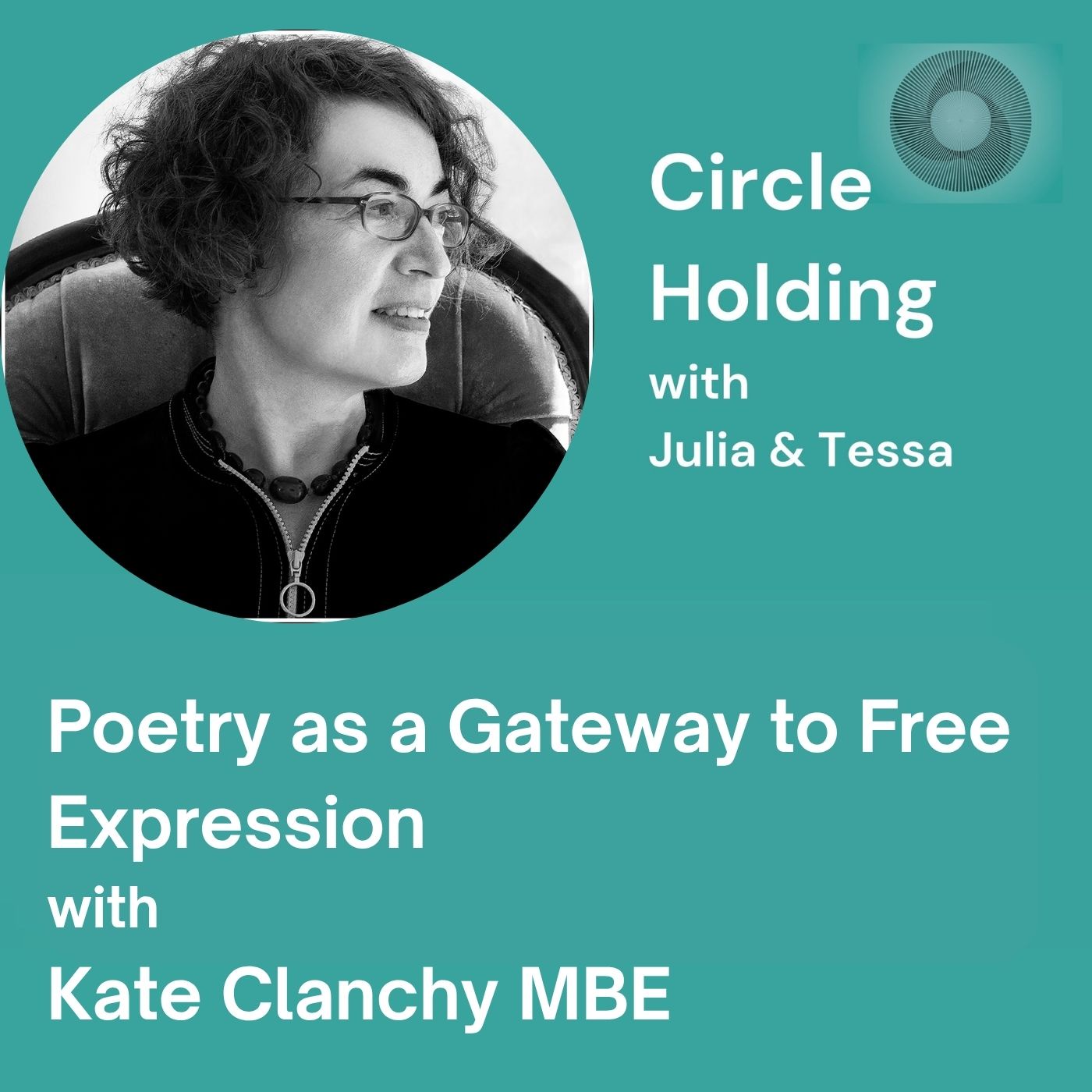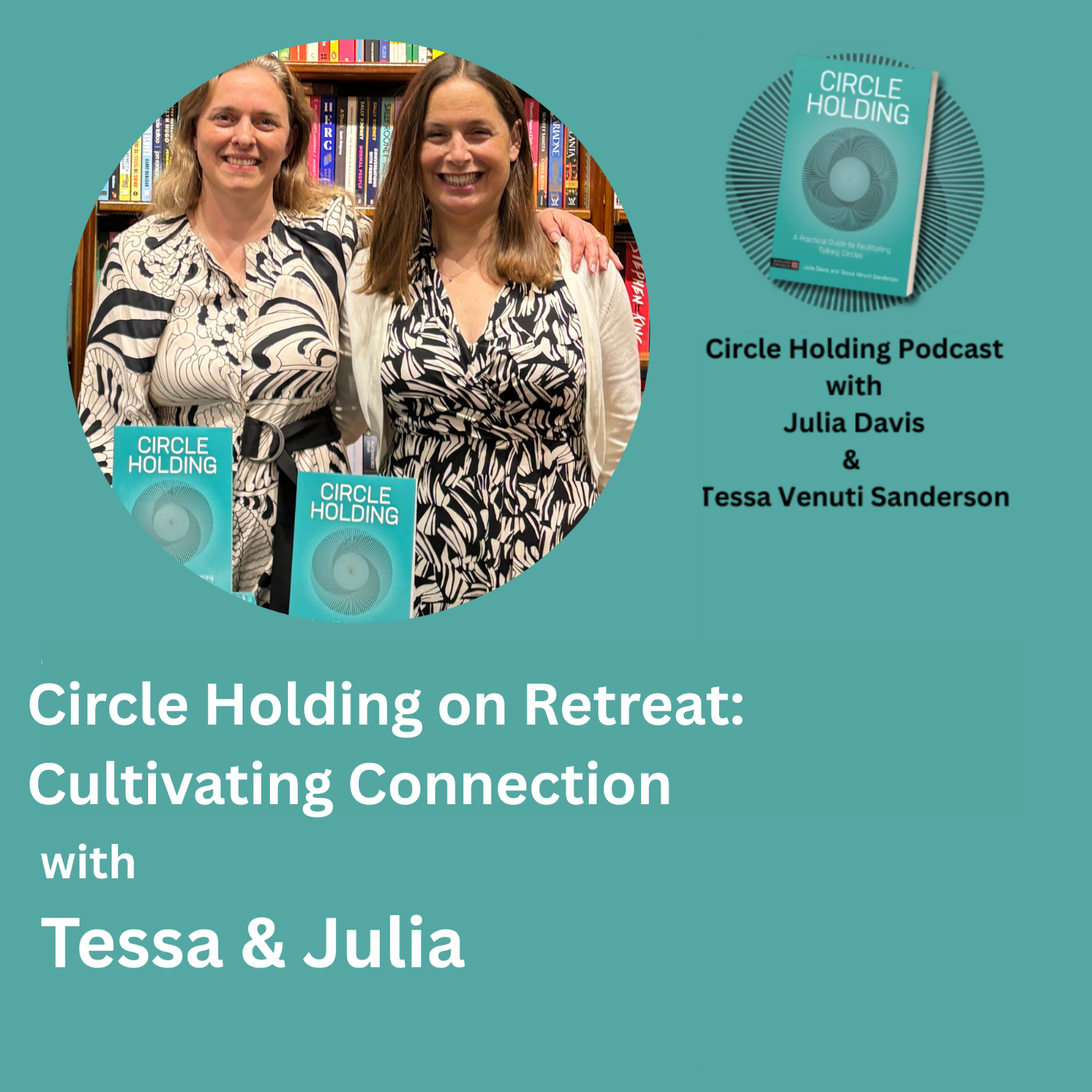
Bonus episode: Endings and Ceremony with Julia and Tessa
In this episode, Tessa and Julia shared how they brought the end of the year to their circles with ideas of practices you might use for the Winter Solstice, the New Year or the ending of a series of circle sessions.
